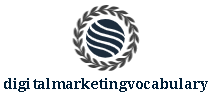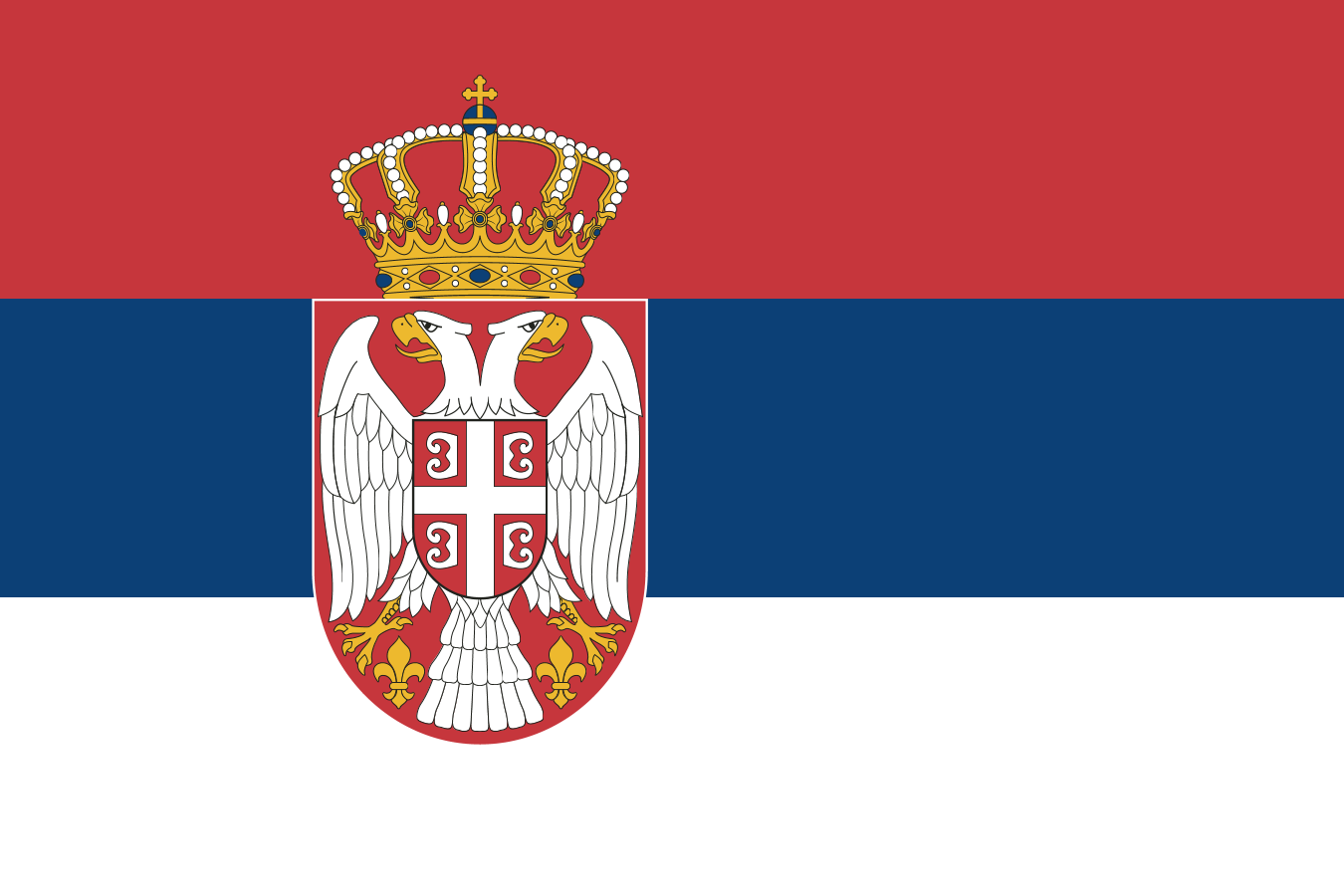What is a Crawl Budget and Its Significance for Website SEO?
A crawl budget refers to the number of pages on a website that a search engine's crawler, such as Googlebot, is willing to index within a given timeframe. This is a crucial part of Search Engine Optimization (SEO) because it directly affects the visibility of a website's pages in search engine results. The budget is determined by a combination of factors, including site speed, the number of errors a crawler encounters, and the frequency of content updates. It effectively sets a limit on the number of pages that can be crawled and, subsequently, ranked.
Understanding why a crawl budget matters for a website is essential for webmasters and SEO professionals. If a site has thousands of pages, but only a fraction of that number is within the crawl budget, the remaining pages might not appear in search results. This can result in missed opportunities for traffic and, ultimately, revenue. A well-managed crawl budget ensures that the most valuable and relevant pages are indexed more often, which can improve a site's overall SEO performance. In turn, this can lead to more organic traffic and better visibility for your site's most important content.
Key Takeaways
- A crawl budget is the limit set by search engines for indexing a website's pages.
- Adequate management of a crawl budget is crucial for SEO performance.
- Prioritizing important pages for crawling can enhance a site's visibility and traffic.
Understanding Crawl Budget
In our exploration of SEO, we recognize crawl budget as a critical factor for website performance on search engines.
Definition of Crawl Budget
Crawl budget refers to the number of pages a search engine bot will crawl on our website within a certain timeframe. It determines how often and how many of our pages the search engine's crawlers will analyze, which impacts our site's online visibility.
Components of Crawl Budget
Our crawl budget is influenced by two main components:
- Crawl Rate Limit
Limits set by search engines
These ensure that our site is not overwhelmed by requests, balancing server load and crawl demand. - Crawl Demand
The desire to crawl our pages
High-quality content and frequent updates can increase this, signaling to search engines that our site remains relevant and worth frequent visits.
Importance of Crawl Budget
A crawl budget is crucial as it determines how often and how many pages search engines will crawl on a website. Effectively managing this budget is pivotal for ensuring the most important content is visible to search engines.
Impact on SEO
Crawl budget directly influences Search Engine Optimization (SEO) because it affects how frequently search engines visit and update their index with our website's content. We must prioritize key pages for crawling to ensure they rank well and stay current in search results. A well-managed crawl budget helps search engines recognize updated content and the introduction of new pages. This means that if we allocate our crawl budget effectively, we improve our chances of maintaining an up-to-date presence in search engine results pages (SERPs).
Effect on Site Indexing
The crawl budget also significantly affects how completely a site is indexed. Pages that are not crawled may not appear in search engine indices at all, which makes them effectively invisible to anyone using a search engine. By optimizing our crawl budget, we ensure that the most valuable and relevant pages are indexed first. Sites with large numbers of pages must be particularly attentive to how their crawl budget is allocated to avoid important content being overlooked.
Optimizing Crawl Budget for Website Health
To maintain optimal website health, we closely monitor and optimize our site's crawl budget. This encompass:
- Managing server response errors: We ensure that server errors are minimized, as too many can waste crawl budget.
- Improving page load times: We streamline the load times for our pages, which encourages search engines to crawl more pages.
- Updating content regularly: Search engines favor fresh content. We regularly update our site to signal that our content is current and relevant.
- Controlling duplicate content: By reducing duplicate content, we focus search engines on crawling unique pages, making the best use of our crawl budget.
- Structuring our website efficiently: We create a logical site hierarchy and utilize internal linking to guide search engines to our most important content.
By focusing on these strategies, we can ensure our crawl budget is used effectively, which is a foundational component of a healthy, searchable website.

 EN
EN DK
DK SR
SR DE
DE FI
FI